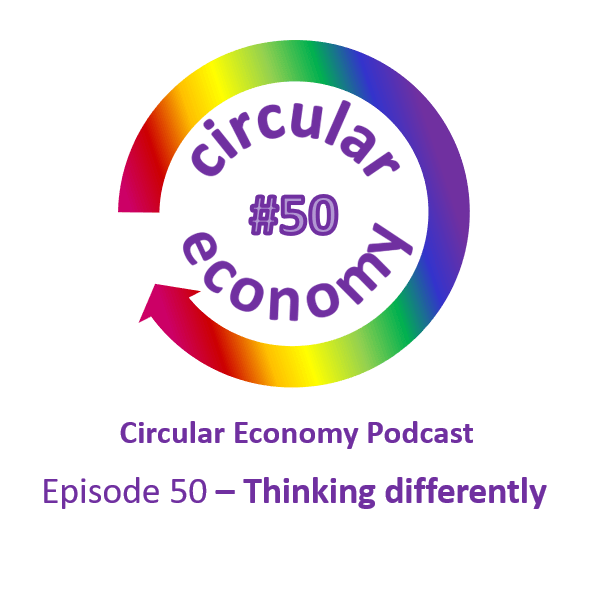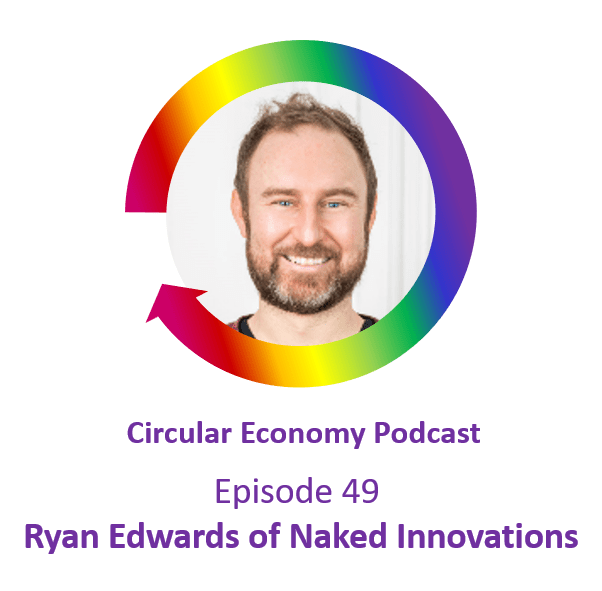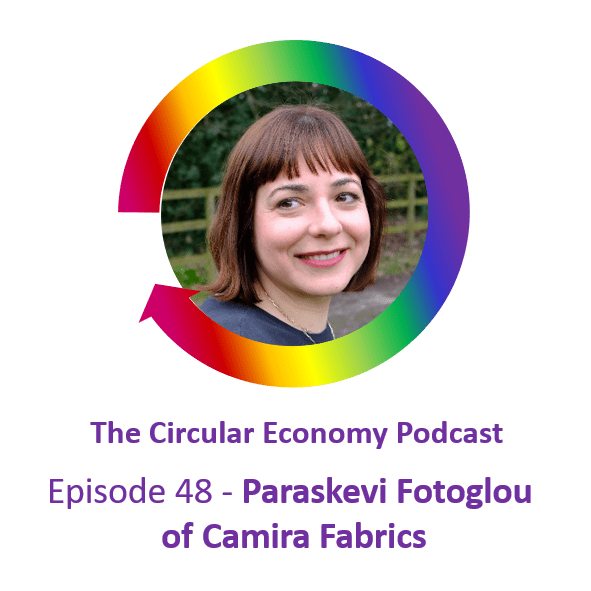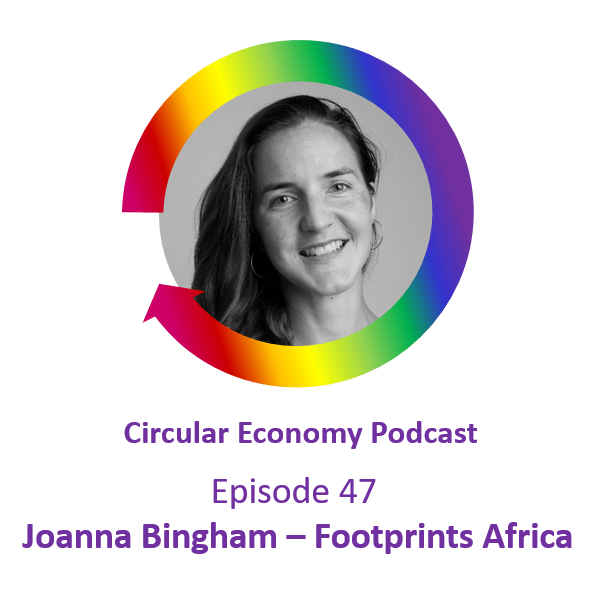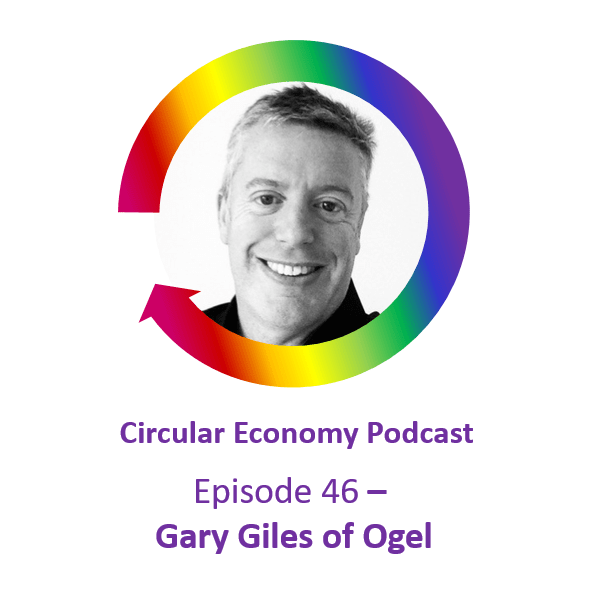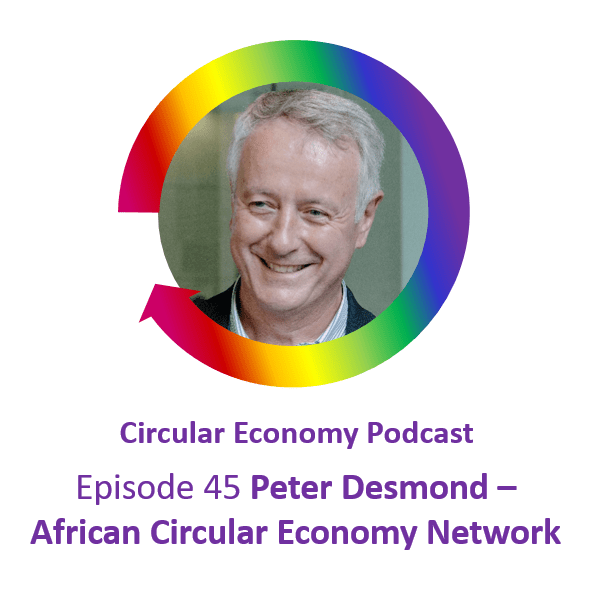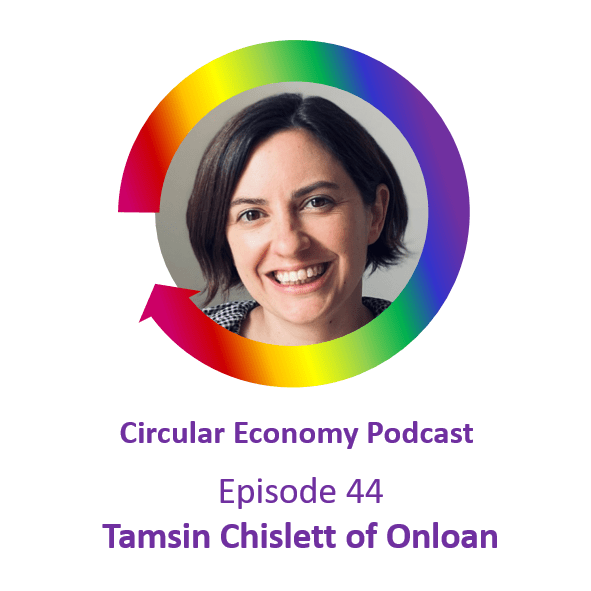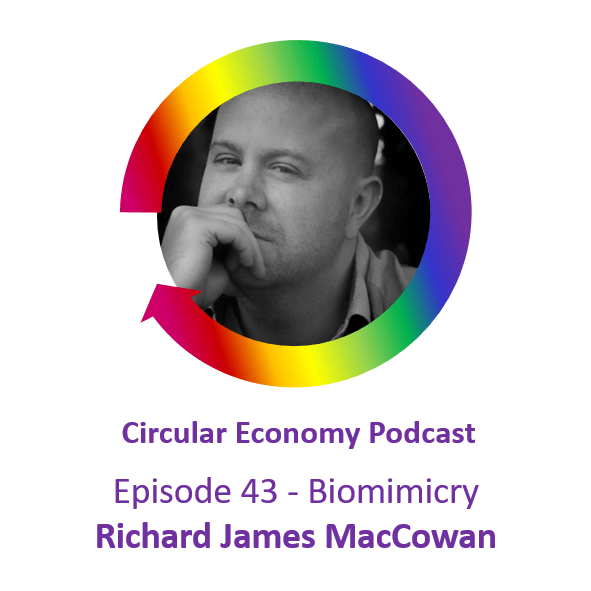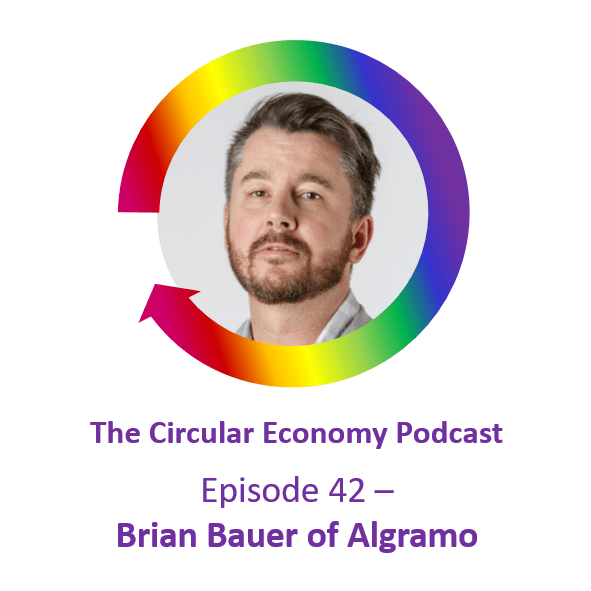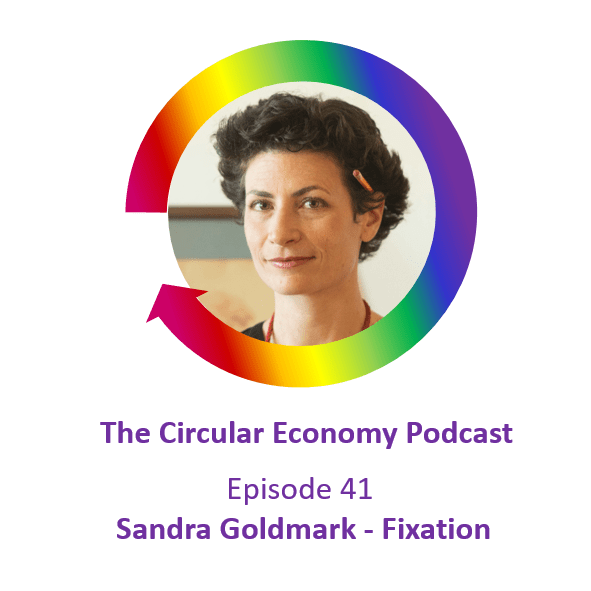Episode 50 – Thinking differently
In this season, we’ve featured another 9 amazing, talented people, helping to make the circular economy happen. Our guests have been from the USA, Chile, Ghana, Spain and the UK.
We’ve heard valuable insights, shared by people working in startups, in well-established companies, and working to support those with new ideas, or to make existing businesses more circular. And yet again, I’m struggling to fit all the brilliant tips and lessons learned into this round-up episode.
A recurring theme was the advice to use different ways of thinking. You can link up with people from outside your organisation, you can use different design perspectives, like biomimicry, lean innovation or systems thinking, and you can develop your own process to help you think about the complete cycle, as we’ll hear later.
